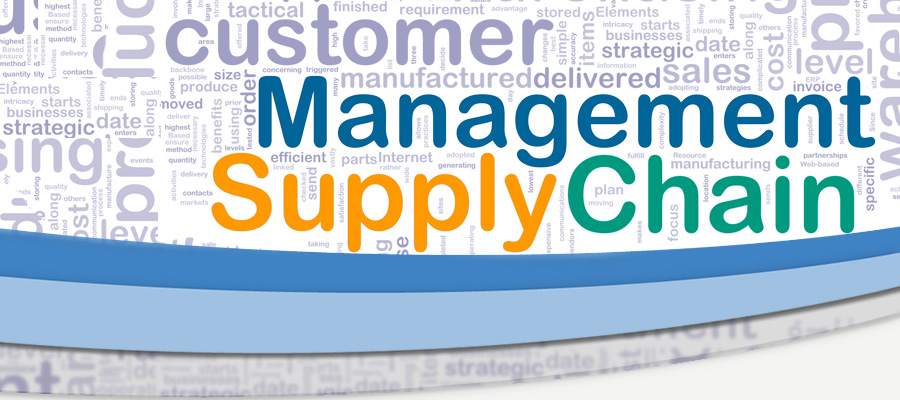
- The Western procurement issue in China (Yes, the US did have some kind of back-door spying equipment installed in American-branded equipment but China isn’t an innocent party – they have been ripping off US patents and designs for years to get their manufacturers competitive. )
Yes, the US did have some kind of back-door spying equipment installed in American-branded equipment but China isn’t an innocent party – they have been ripping off US patents and designs for years to get their manufacturers competitive.
- SAP: Welcome to the new era of procurement:
Procurement can and will play an increasingly strategic role in managing this virtual enterprise, leveraging technology to simplify the way complex business gets done and manage their operations in a new and dynamic way that keeps their companies ahead of the competition. Procurement is evolving from service to a function. And with increasing frequency, it is focused on business value and enabling supplier innovations as opposed to just driving procurement savings through cost reductions.
http://www.news-sap.com/procurement-2015-evolution-continues/
- Four ways to access the strength of suppliers:
A company with a high proportion of long-term contract agreements in its order book is likely to be more secure than a firm completing work on a shorter term basis. However, a retained contract should not prompt reckless overconfidence; it is often a good idea to look over notice periods and analyse the probability of changes in market conditions or demand which could reduce a client’s requirement for the business’ goods or services.
http://www.supplymanagement.com/blog/2015/02/four-ways-to-assess-the-strength-of-suppliers
- Failure to Work With Minority Owned Businesses a Challenge in the Private and Public Sector
Last month, the NAACP Florida State Conference led by President Adora Obi Nweze released an Economic Development Report Card on the records of targeted cities, counties, school districts and private corporations in the State of Florida. What stood out amidst all of the findings were the poor minority procurement practices that were consistent through the public and private sector. In summary, most local governments spent less than two percent with veteran, minority and women -owned businesses.
http://www.huffingtonpost.com/dedrick-muhammad/failure-to-work-with-mino_b_6736984.html

